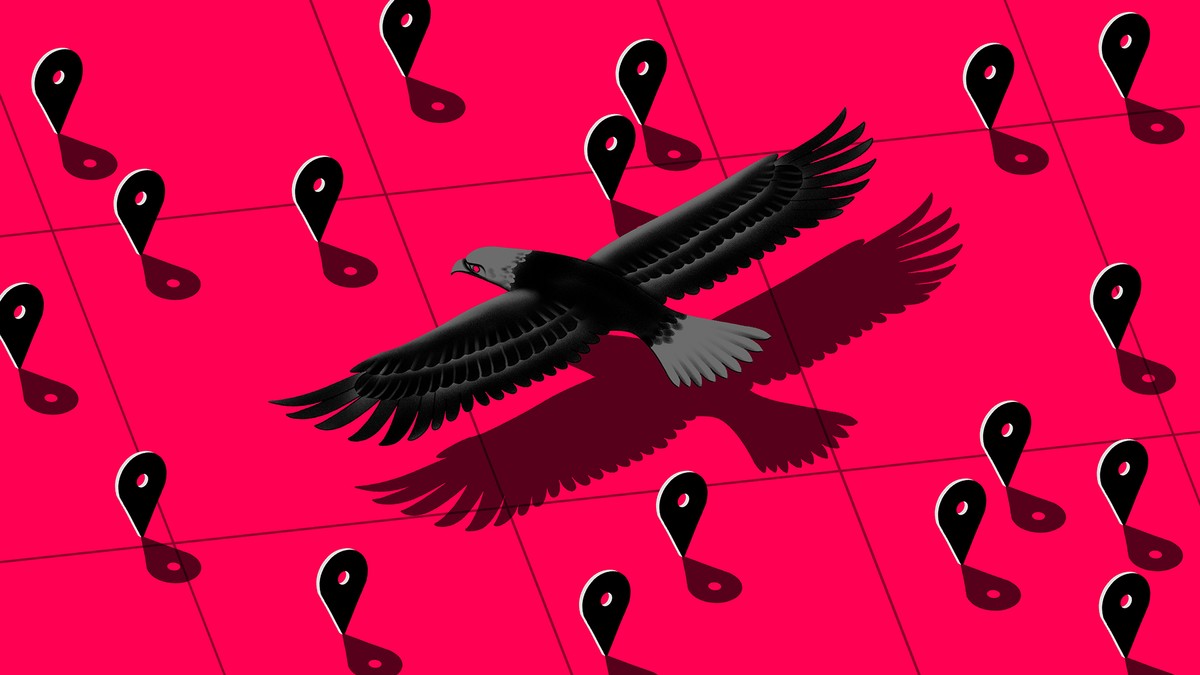The U.S. Military's Purchase of Location Data from Apps Revealed
The U.S. military is obtaining detailed location data from apps used globally, with a focus on Muslim-centric applications like prayer and dating apps. This practice has sparked debates regarding privacy violations and the potential misuse of sensitive information by military agencies. The revelation underscores the complex web of data sharing between app developers, data brokers, and government entities, shedding light on the opaque nature of the location data industry.
X-Mode is identified as a key player in this process, collecting location data directly from apps like Muslim Pro and selling it to contractors working with the military. The acquisition of such granular data raises questions about user consent, transparency in data sharing practices, and the ethical implications of using personal information for military purposes.
Furthermore, the article highlights how some app developers are unaware of where their users' location data ends up, emphasizing the need for greater transparency and accountability in data-sharing agreements. The involvement of military contractors like Sierra Nevada Corporation in purchasing such sensitive information adds another layer of complexity to this controversial issue.
Overall, the content delves into the intricate network of relationships between app developers, data brokers, and government agencies in acquiring and utilizing location data for various purposes.
Samenvatting aanpassen
Herschrijven met AI
Citaten genereren
Bron vertalen
Naar een andere taal
Mindmap genereren
vanuit de broninhoud
Bron bekijken
www.vice.com
How the U.S. Military Buys Location Data from Ordinary Apps
Belangrijkste Inzichten Gedestilleerd Uit
by Joseph Cox om www.vice.com 11-16-2020
https://www.vice.com/en/article/jgqm5x/us-military-location-data-xmode-locate-x
Diepere vragen
